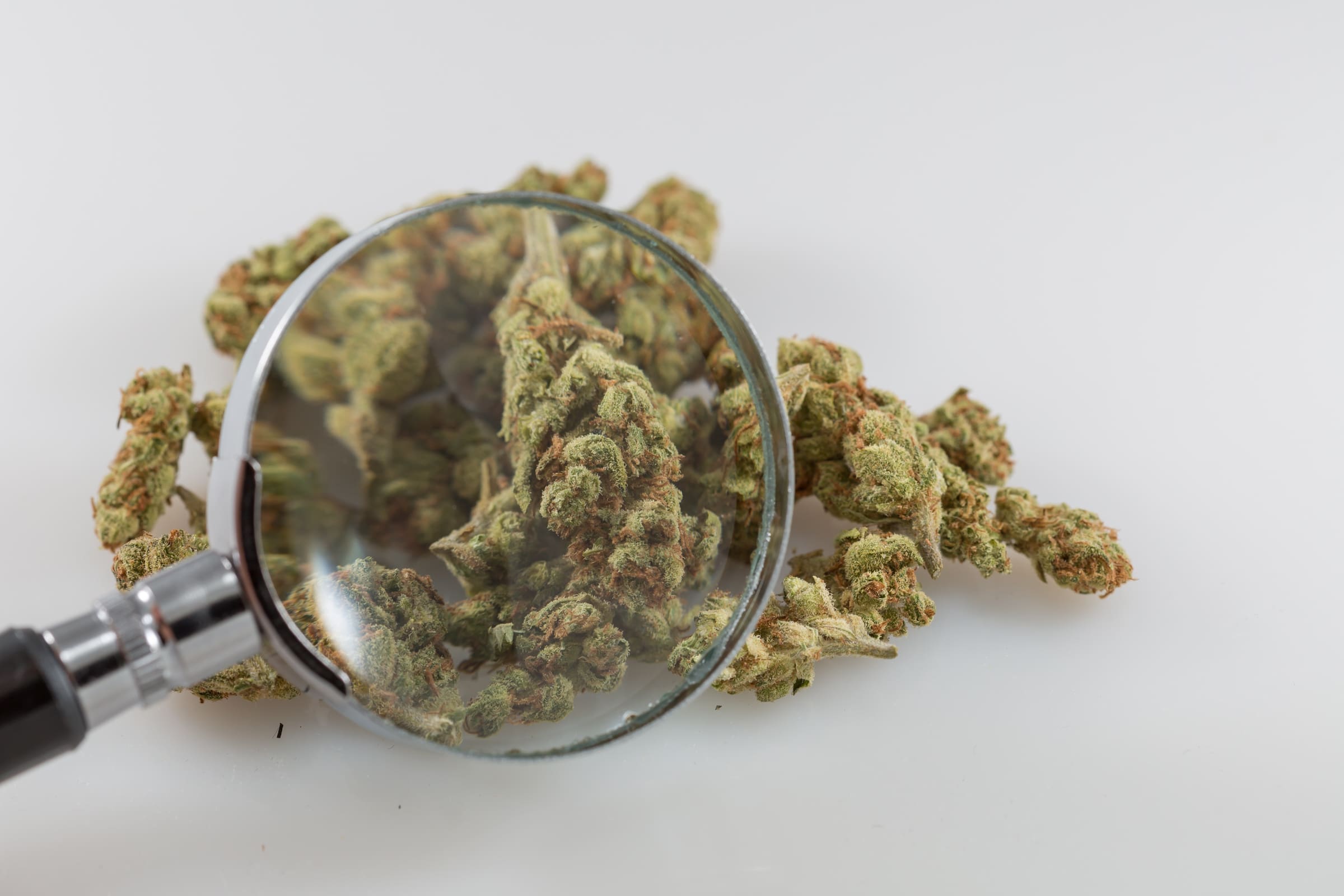
Last week’s decision by the U.S. Drug Enforcement Administration (DEA) to place a marijuana-derived drug in the least restrictive category under federal law was largely based on a recommendation from the Food and Drug Administration (FDA). But according to a recently released internal government letter, the FDA actually concluded that cannabidiol, or CBD, doesn’t meet the criteria for federal control at all.
CBD is a non-psychoactive ingredient in cannabis that serves as the basis of a new FDA-approved epilepsy drug, Epidiolex. In order to bring the drug to market, the FDA had to first evaluate its medical utility and potential for abuse and then submit its findings to the DEA.
Although the federal health regulatory agency’s review concluded that CBD shouldn’t be scheduled in any manner, the drug enforcement agency—citing international treaty obligations—opted to put Epidiolex in Schedule V and otherwise continue to classify CBD itself under the most restrictive category of Schedule I.
What the FDA determined about CBD:
Studies demonstrated that “CBD and its salts… do not have a significant potential for abuse and could be removed from the [Controlled Substances Act],” the FDA wrote to the DEA in May.But the letter also mentioned that the FDA had been advised by then-DEA Acting Administrator Robert Patterson that federally de-scheduling CBD altogether would represent a violation of international drug treaties to which the U.S. is a party.
In April, the DEA “asserted that the United States would
not be able to keep obligations under the 1961 Single Convention on
Narcotic Drugs if CBD were decontrolled under the CSA,” the FDA letter
reveals.
“If treaty obligations do not require
control of CBD, or if the international controls on CBD change in the
future, this recommendation will need to be promptly revisited.”
Altogether, there were eight factors that the FDA considered when making its scheduling recommendation. “Upon consideration” of those eight factors, the agency said CBD alone “could be removed from control” under the CSA.
“We reach this conclusion
because we find that CBD does not meet the criteria for placement in any
of Schedules II, III, IV, or V under the CSA.”
The FDA and the DEA don’t always see eye-to-eye when it comes to marijuana.
While the DEA has consistently upheld the Schedule I status of cannabis in line with FDA recommendations, the health agency previously recommended altering the scheduling system, arguing that the current approach should be re-evaluated in order to “identify ways to encourage appropriate scientific research into the potential therapeutic benefits of marijuana and its constituents,” for example.This year, the FDA rejected a petition from an anti-legalization group that called for further restrictions on cannabis. And FDA Commissioner Scott Gottlieb signaled tentative support for decriminalizing marijuana during an interview earlier this month. (Though also argued that youth marijuana consumption was more concerning than the use of e-cigarettes).
The DEA ultimately accepted the FDA’s scheduling recommendation and placed Epidiolex in Schedule V on Friday. But in its final notice, the DEA repeatedly emphasized that the rescheduling decision did not affect the legal status of marijuana or any CBD products except for Epidiolex and future generic, FDA-approved versions of the drug.
“DEA will continue to support sound and scientific research that promotes legitimate therapeutic uses for FDA-approved constituent components of cannabis, consistent with federal law,” DEA Acting Administrator Uttam Dhillon said in a press release. “DEA is committed to continuing to work with our federal partners to seek ways to make the process for research more efficient and effective.”

No comments:
Post a Comment